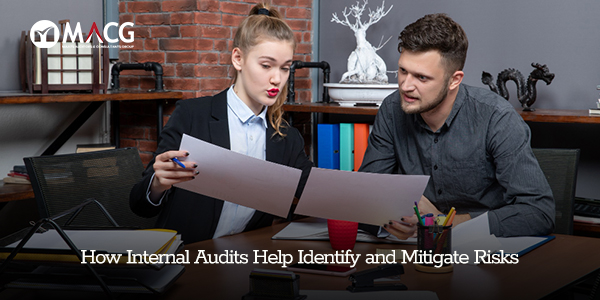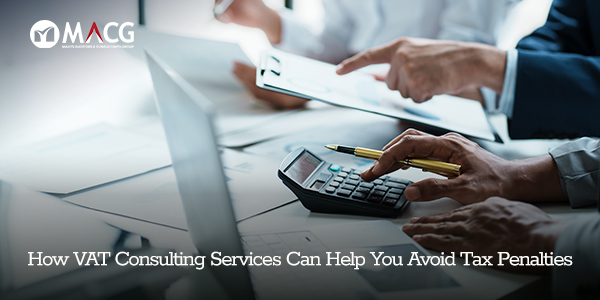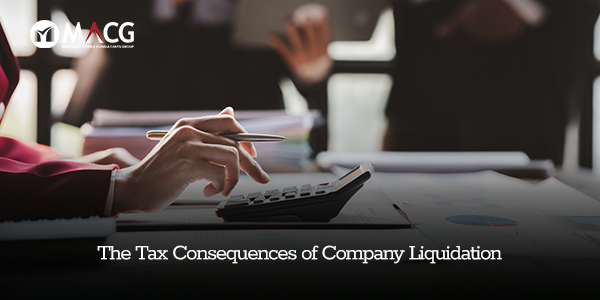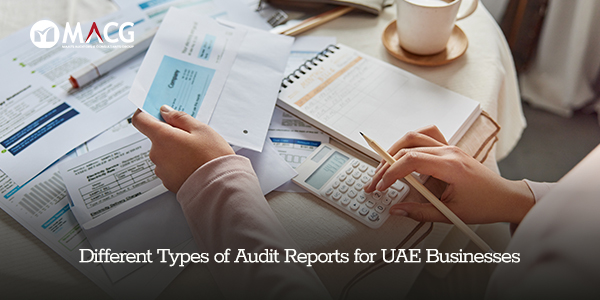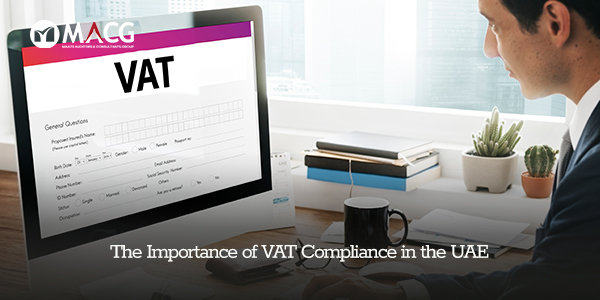How Internal Audits Help Identify and Mitigate Business Risks
In an increasingly complex and regulated business landscape, organizations face numerous challenges that threaten their stability and growth. Financial discrepancies, operational inefficiencies, cybersecurity threats, and non-compliance with regulations can all lead to significant losses if left unchecked. This is where internal audits prove invaluable. By conducting thorough and systematic evaluations of a company’s processes, controls, and governance structures, internal audits serve as a powerful tool for risk identification and mitigation. For businesses operating in Dubai, where regulatory frameworks are stringent and market competition is intense, internal audits in Dubai provide an essential safeguard. These audits ensure compliance with local laws, such as VAT, anti-money laundering (AML) regulations, and the newly introduced corporate tax, while also enhancing operational efficiency. Internal auditors play a pivotal role in this process, offering objective assessments that help businesses strengthen their risk management strategies. Role of Internal Audits Internal audits are independent evaluations designed to assess and improve the effectiveness of an organization’s risk management, control, and governance processes. Unlike external audits, which primarily focus on financial statement accuracy, internal audits take a broader approach. They examine financial integrity, operational efficiency, regulatory compliance, IT security, and strategic risks. Internal auditors provide management with critical insights into potential vulnerabilities, allowing businesses to address issues before they escalate into major problems. Their findings help organizations implement corrective measures, optimize processes, and ensure alignment with both internal policies and external regulatory requirements. How Internal Audits Identify Risks One of the primary functions of internal audits is to uncover hidden risks that could undermine a company’s success. Financial risks, such as fraud or accounting errors, can have devastating consequences if undetected. Internal auditors meticulously review financial records, transaction logs, and approval workflows to identify inconsistencies. For instance, an audit might reveal unauthorized expenditures, duplicate payments, or irregularities in procurement processes. Operational risks, including inefficiencies in workflow and resource allocation, are another key focus area. Internal audits analyze business processes to identify bottlenecks, redundancies, and areas where automation could enhance productivity. A manufacturing company, for example, might discover through an internal audit that its inventory management system is outdated, leading to stock discrepancies and delayed order fulfillment. Regulatory compliance is a critical concern, particularly in Dubai, where businesses must adhere to strict legal requirements. Internal audits in Dubai ensure that companies comply with VAT regulations, AML laws, and corporate tax obligations. Non-compliance can result in hefty fines and reputational damage, making regular audits essential for risk mitigation. Cybersecurity has become a growing concern as businesses increasingly rely on digital systems. Internal audits assess IT infrastructure, data protection policies, and incident response plans to identify vulnerabilities. A thorough audit might expose weak password protocols, unsecured databases, or inadequate employee training on phishing scams. Strategic risks, such as market fluctuations, supply chain disruptions, and competitive pressures, also fall under the purview of internal audits. By evaluating external threats and internal preparedness, auditors help businesses develop contingency plans. For example, a retail company might use audit findings to diversify its supplier base, reducing dependency on a single source. The Role of Internal Audits in Risk Mitigation Identifying risks is only the first step; internal audits also play a crucial role in mitigating them. Once vulnerabilities are uncovered, internal auditors work with management to implement corrective measures. Strengthening internal controls is a common outcome of audit findings. This may involve introducing segregation of duties to prevent fraud, automating approval workflows to reduce human error, or enhancing reconciliation procedures for financial accuracy. Compliance programs often require refinement based on audit results. Businesses in Dubai must stay updated with evolving regulations, and internal audits ensure that policies and procedures align with legal requirements. Employee training programs on VAT filing, AML protocols, and data privacy laws are frequently recommended to foster compliance awareness. Operational improvements are another significant benefit of internal audits. By identifying inefficiencies, auditors help businesses streamline processes, adopt advanced technologies, and optimize resource utilization. For instance, an audit might lead a logistics company to implement route optimization software, reducing fuel costs and delivery times. Fraud prevention is a critical aspect of risk mitigation. Internal auditors recommend measures such as whistleblower hotlines, surprise cash counts, and vendor due diligence checks to deter fraudulent activities. These proactive steps create a culture of accountability and transparency within the organization. Governance enhancements often follow internal audits, particularly in larger corporations. Audit findings may prompt the establishment of independent audit committees, clearer reporting structures, and more robust oversight mechanisms. These improvements foster better decision-making and long-term organizational resilience. The Importance of Internal Audits in Dubai’s Business Environment Dubai’s dynamic economy presents unique opportunities and challenges for businesses. The emirate’s stringent regulatory environment demands strict adherence to financial and operational standards. Internal audits in Dubai help companies navigate these complexities by ensuring compliance with local laws, such as VAT and corporate tax regulations. Non-compliance can result in severe penalties, making regular audits a necessity rather than an option. Beyond compliance, internal audits enhance business credibility. Companies that undergo regular audits demonstrate a commitment to transparency and good governance, which can attract investors and build stakeholder trust. In a competitive market like Dubai, maintaining a strong reputation is crucial for sustained growth. Operational efficiency is another key advantage. Dubai’s fast-paced business environment requires companies to operate at peak performance. Internal audits identify inefficiencies and recommend improvements, enabling businesses to remain agile and competitive. Choosing the Right Internal Auditors The effectiveness of an internal audit depends largely on the expertise of the auditors. Businesses should seek professionals with industry-specific knowledge, particularly in sectors like real estate, healthcare, or retail, where regulatory requirements vary. Auditors with experience in Dubai’s legal framework are essential for ensuring compliance with local laws. Technological proficiency is another important consideration. Modern internal audits leverage data analytics, artificial intelligence, and automated tools to enhance accuracy and efficiency. Companies should partner with audit firms that utilize these advanced methodologies. Customized audit solutions are also critical. A one-size-fits-all approach does not work in internal auditing. Each business has unique risks and


